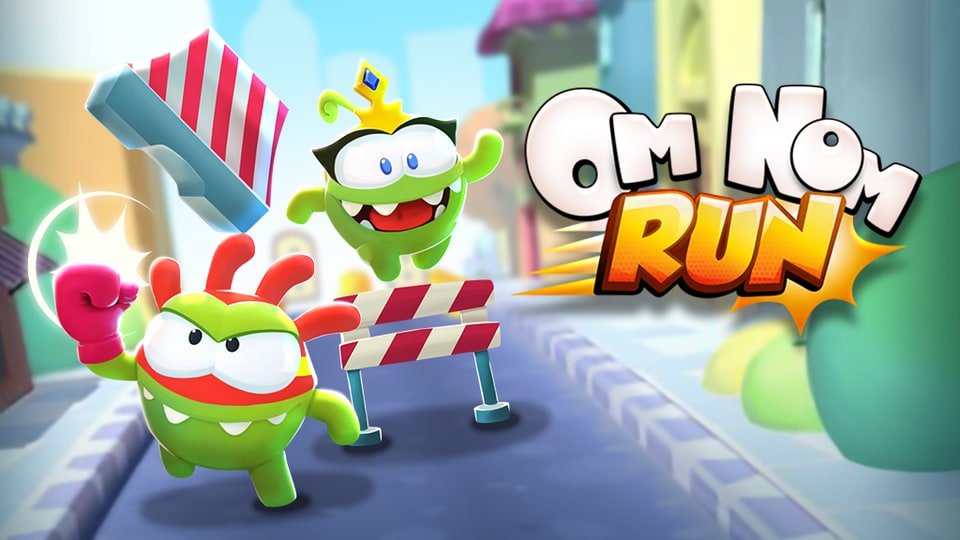Is "Stop Killing Games" the End of Disposable Gaming?
As the Stop Killing Games petition crosses a million signatures, Video Games Europe pushes back. But why oppose a movement that demands basic consumer rights in gaming?
 Image Via Stop Killing Games
Image Via Stop Killing Games
The concept of ‘buying’ refers to ownership over a particular object. It's a trade; you spend money and in return, you get what you want. In this case, a game. Yet, what happens when that's all an illusion? What if you never actually owned it?
Stop Killing Games is tackling exactly that, but despite the petition passing a million signatures, Video Games Europe released a statement essentially going against it…but why? Let's get into it.
Why Is Video Games Europe Against Stop Killing Games?
VGE's stance is based on a commercial outlook, and in this economy, it's understandable that companies are hesitant to invest heavily in games without guaranteed success. However, is that really fair to the consumers?
It's not, and VGE doesn't deny that either, but it does misrepresent what Stop Killing Games stands for, and that may be strategically intentional. Let's elaborate.
VGE's Statement is centered around 3 main points:
-
Online services should be allowed to shut down if they're no longer commercially viable
-
Private servers aren't always safe or realistic
-
Forcing these additional changes would limit developer creativity and make video games more expensive to create.
While each point opens the door to endless debates. What isn't debatable is what Stop Killing Games stands for.
SKG wants to stop companies like UBISOFT from discarding their games after they end support for them. For example, UBISOFT legally requires you to destroy any copies under their EULA clause.
Meaning, if any developer, for whatever reason, decides to pull the plug, regardless of how much money was spent to acquire the game, it's essentially useless. An even more questionable clause? UBISOFT isn’t even required to tell you when that happens. You're essentially buying a ticking time bomb, or should I say renting it.
What Stop Killing Games Is Actually Saying
SKG is not asking companies to let the game run online forever. No. They are instead asking for patch updates or other alternatives that let the game be usable even after it's discontinued.
The most important distinction, however, is that Stop Killing Games doesn't want the end game to be the same. It knows that it's going to be difficult, what it wants… is the option for players to use what they have bought.
It doesn't matter what features get lost in the pursuit, because the goal has always been consumer rights and accountability. So, when players are okay with losing out on online progression, features, leaderboards, and so o,n all in exchange for playing the game. It begs the question: Why are companies twisting or rejecting this idea?
Why Companies Are Against It
It may purely be due to commercial reasons or to control the market. It's the same concept as buying a product from 50 years ago; in comparison, the same products now are of worse quality. Why? Because the old one was built to last and the new one is built for profit.
Why does that matter? Because if games keep getting recycled, then the market that reaches out for new games diminishes. Many players only stick to a few main games, and companies recognise that.
Another reason could be the contracts; every game has soundtracks, third-party engines, and once those licences expire, the company legally can't keep supporting or selling the game freely.
However, with fans willing to lose the complete experience, even at the cost of multiplayer, just to play the game, what exactly are the companies protecting? And if it's data, then is it a matter of protection over ethics?
Written By - Sarah Dar, Freelancer, India Today Gaming








